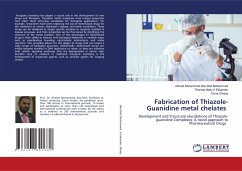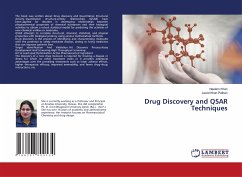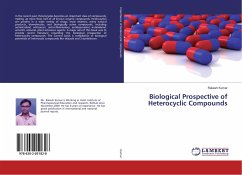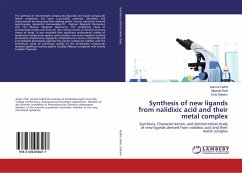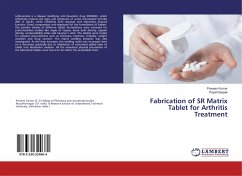Inorganic chemistry has played a crucial role in the development of new drugs and therapies. Transition metal complexes have unique properties that make them attractive candidates for biological applications. For example, researchers have been exploring the use of metal-based drugs for the treatment of cancer, Alzheimer's disease, and other conditions. These drugs can be designed to target specific proteins or enzymes involved in disease processes, and their properties can be fine-tuned by modifying the structure of the metal complex. One of the advantages of metal-based drugs is their ability to interact with biological molecules in multiple ways, such as coordination bonding, electrostatic interactions, and redox reactions. This versatility allows for the design of drugs that can target a wide range of biological processes. Additionally, metal-based drugs can inhibit enzymes involved in DNA replication or repair, or they can interfere with cellular signaling pathways that are dysregulated in cancer cells. Another area of research in medicinal inorganic chemistry is the development of diagnostic agents, such as contrast agents for imaging studies.
Bitte wählen Sie Ihr Anliegen aus.
Rechnungen
Retourenschein anfordern
Bestellstatus
Storno

